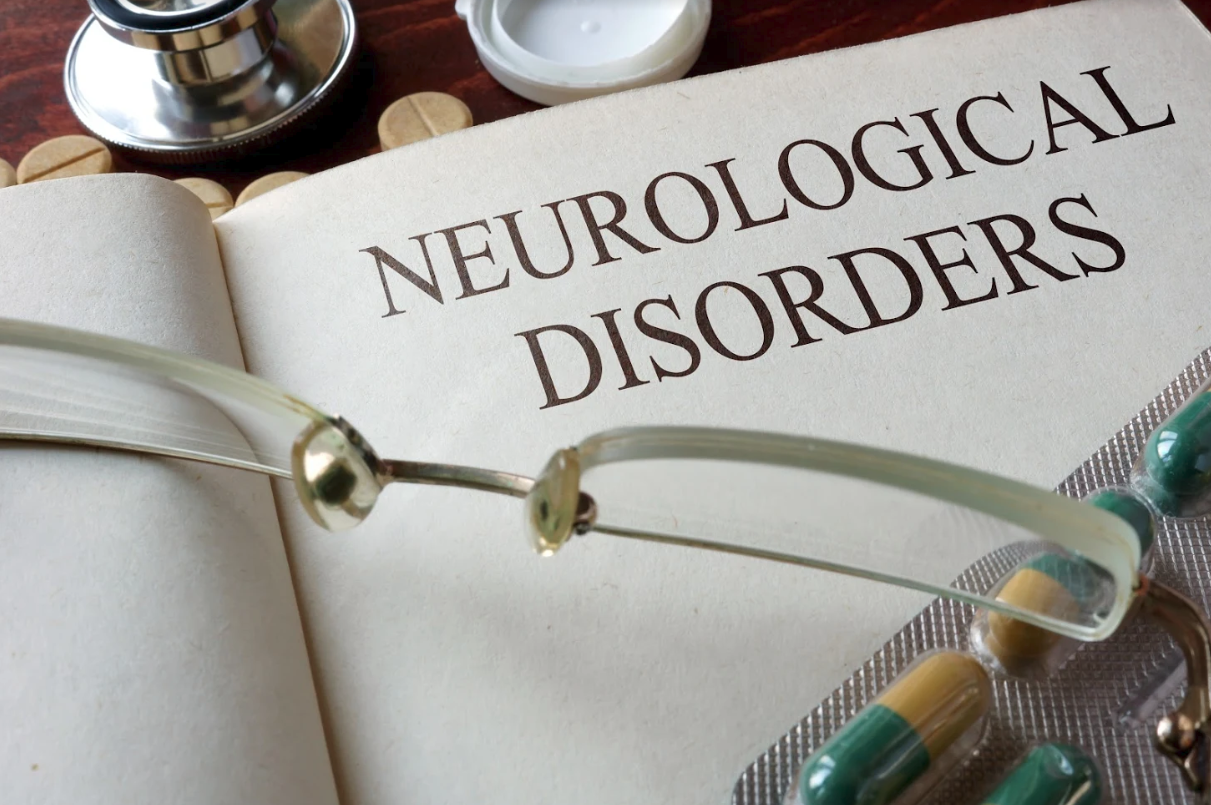
Neurological disorders range from mild pain like a pinched nerve to more severe conditions like brain tumors which require urgent medical intervention. Discovering that one or more symptoms apply to you doesn’t necessarily indicate a presence of a neurological disorder. However, you should consult with your primary physician at your earliest convenience to rule out any underlying problems. Your physician may refer you to one of our neurologists for further tests.

Typical symptoms which may indicate a neurological disorder include:
Although most headaches are brought on by stress, cold, or fever and generally do not pose a health risk, it may be the first indication of an underlying neurological problem. If a headache occurs frequently in an individual who does not have a history of migraines, it may indicate something more serious, like internal bleeding in the brain or a rise of pressure in the skull. These conditions are potentially life-threatening and immediate medical attention is necessary.
We also help many people that suffer from chronic pain in the back or neck as this can be associated with other neurological disorders like weakness, numbness and loss of bladder control. Sudden weakness or numbness of a particular area or group of muscles, especially if it affects only one side of the body, can be a sign of a serious problem like stroke and requires immediate neurological attention.
Sudden onset of weakness especially if involving one side of the body could be due to Stroke. The acute weakness which is progressing in days could be due to spinal cord problem or a brain tumor. Multiple Sclerosis can also lead to a progressive weakness. Sometimes a weakness could be associated with fever, altered sensorium, headache or neck pain. This warrant to rule out any brain infection. Slowly progressive weakness over months is usually due to a nerve or a muscle disorder which might need nerve conduction test or EMG. In any case, an urgent consult with a neurologist is sought.
Numbness and tingling can be caused by a number of medical problems. However, if numbness or tingling occurs suddenly, affects only one side or occurs in conjunction with weakness, the underlying cause may be neurological, such as a stroke. If the numbness worsens over time, it may indicate peripheral nerve disease especially if it is in “glove and stocking ” distribution.
Dizziness is another common symptom of an underlying neurological disorder. Nevertheless, there can be many other causes of dizziness and only when the dizziness is severe enough to be vertigo or disorientation does it require neurological consultation. Vertigo is generally caused by infection of the inner ear or fluid fluctuation in the inner ear. However, it could also be a sign of posterior fossa lesion, especially when it accompanies other sign and symptoms.
Seizures are generally associated with epilepsy, but all seizures do not stem from neurological disorders. Some may be caused by conditions like low blood sugar or alcohol withdrawal, and in such cases, the underlying cause needs to be addressed. However, if a seizure occurs without any known cause, you should seek an opinion from a neurologist as soon as possible.
A number of neurological disorders like Multiple Sclerosis, Parkinsonism and spinal cord injury can cause loss of bladder control. However, there are a number of therapies that may help to alleviate the problem and can be discussed with your neurologist.
If you are experiencing one or more of the above symptoms, we suggest you contact your primary physician or schedule a neurological consultation with one of our neurologists at your earliest convenience.
Post your comments